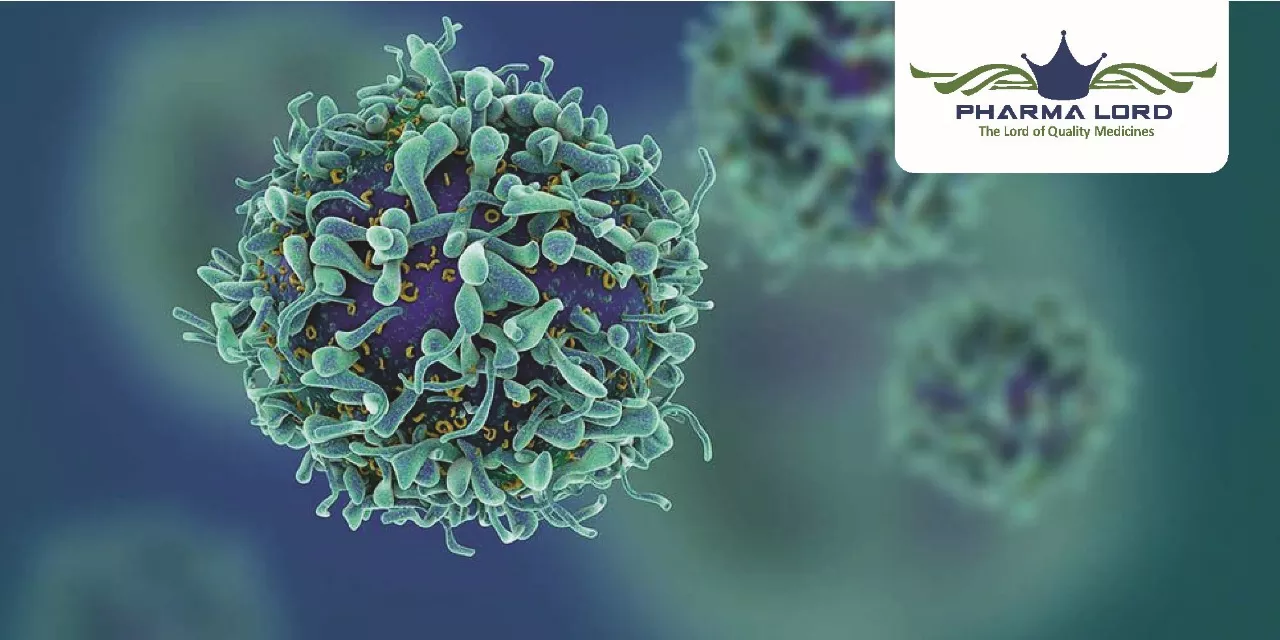
The landscape of cancer treatment has undergone a remarkable transformation in recent years, thanks to groundbreaking advancements in anticancer medications. These breakthroughs represent a significant shift in how we approach and manage various types of cancer, offering new hope and improved outcomes for patients worldwide.
IMMUNE CHECKPOINT INHIBITORS:
One of the most prominent breakthroughs in anticancer medications is the development of immune checkpoint inhibitors. These medications work by targeting specific checkpoints in the immune system that cancer cells exploit to evade detection and destruction. By blocking these checkpoints, drugs like pembrolizumab and nivolumab unleash the body's immune system, allowing it to recognize and attack cancer cells more effectively.
The impact of immune checkpoint inhibitors has been particularly profound in melanoma, lung cancer, and other malignancies. Clinical trials have demonstrated unprecedented response rates and prolonged survival in patients receiving these medications. This approach represents a paradigm shift in cancer treatment, harnessing the power of the immune system to fight cancer cells directly.
TARGETED THERAPIES:
Another groundbreaking development is the rise of targeted therapies. Unlike traditional chemotherapy, which indiscriminately targets rapidly dividing cells, targeted therapies focus on specific molecular pathways that drive cancer growth and survival. This precision approach not only improves treatment efficacy but also reduces the risk of side effects associated with conventional chemotherapy. One example of targeted therapy is the use of tyrosine kinase inhibitors (TKIs) in treating chronic myeloid leukemia (CML). Drugs like imatinib specifically inhibit the activity of the BCR-ABL fusion protein, which is characteristic of CML cells, leading to remarkable improvements in patient outcomes and quality of life.
MONOCLONAL ANTIBODIES:
Monoclonal antibodies have also emerged as powerful targeted anticancer agents. These antibodies can be designed to bind to specific antigens on cancer cells, delivering cytotoxic payloads directly to the tumor site while sparing healthy tissues. For instance, trastuzumab targets the HER2 receptor in HER2-positive breast cancer, resulting in improved survival rates and reduced recurrence.
ANTIBODY-DRUG CONJUGATES:
Moreover, the advent of antibody-drug conjugates (ADCs) has further expanded the arsenal of targeted therapies. ADCs like ado-trastuzumab emtansine (T-DM1) combine the specificity of antibodies with the cytotoxicity of drugs like emtansine, resulting in enhanced efficacy and reduced systemic toxicity. These advancements in targeted therapies have revolutionized cancer care, offering personalized and tailored treatment options for patients.
PARP:
Poly(ADP-ribose) polymerase (PARP) inhibitors represent another significant breakthrough in anticancer medications. These inhibitors, such as olaparib and rucaparib, exploit the concept of synthetic lethality, selectively targeting cancer cells with defective DNA repair mechanisms. This approach has shown remarkable efficacy in BRCA-mutated cancers, including ovarian and breast cancer, providing new hope for patients with these challenging malignancies.
CAR-T CELL THERAPY:
In addition to targeted therapies, the advent of CAR-T cell therapy has ushered in a new era of personalized immunotherapy. Chimeric antigen receptor (CAR) T-cell therapy involves modifying a patient's T cells to express CARs that target specific tumor antigens. Drugs like axicabtagene ciloleucel (axi-cel) and tisagenlecleucel have demonstrated remarkable responses in hematologic malignancies like lymphoma and leukemia, offering potential cures for patients who have exhausted other treatment options.
The future of anticancer medications continues to hold promise, with ongoing research focused on developing novel drug delivery systems, exploring combination therapies, and identifying biomarkers for personalized treatment approaches. These advancements represent a collective effort to revolutionize cancer care, providing patients with new hope, improved outcomes, and a better quality of life.
Responses a Comment